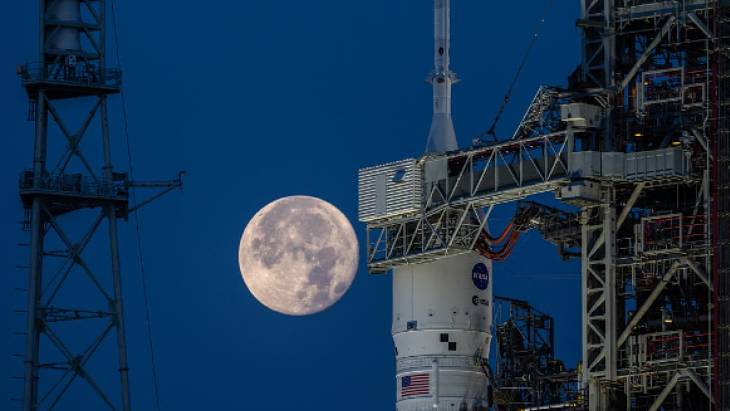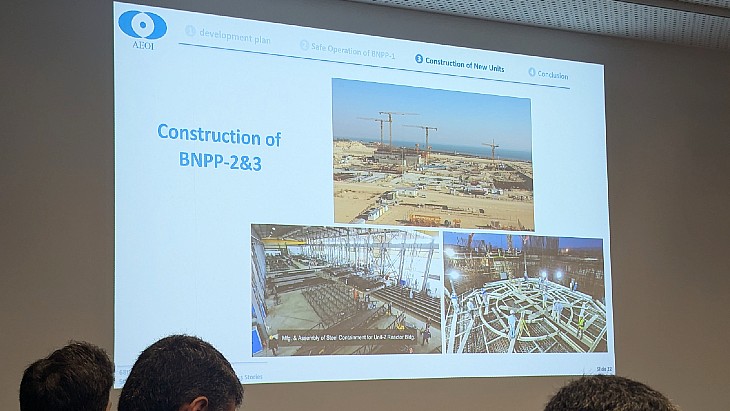Nuclear power on the Moon: NASA selects three proposals

The contracts, valued at about USD5 million, have been awarded through the US Department of Energy’s (DOE's) Idaho National Laboratory and are going to:
-
Lockheed Martin of Bethesda, Maryland - The company will partner with BWXT and Creare.
-
Westinghouse of Cranberry Township, Pennsylvania - The company will partner with Aerojet Rocketdyne.
-
IX of Houston, Texas, a joint venture of Intuitive Machines and X-Energy - The company will partner with Maxar and Boeing.
"New technology drives our exploration of the Moon, Mars, and beyond," said Jim Reuter, associate administrator for NASA's Space Technology Mission Directorate.
"Developing these early designs will help us lay the groundwork for powering our long-term human presence on other worlds," he added.
The fission nuclear power systems are seen as reliable and can provide always-on power under a variety of environmental conditions, and without having to rely on sunlight.
NASA says that it hopes the 12-month Phase 1 awards - coming under the umbrella of its Artemis programme - will provide important information for a "joint development of a full flight-certified fission power system. Fission surface power technologies will also help NASA mature nuclear propulsion systems that rely on reactors to generate power".
The technology could be used in future for deep space missions as well as long-duration missions to the Moon and Mars.
The Artemis mission, NASA says, "will land the first woman and first person of colour on the Moon, using innovative technologies to explore more of the lunar surface than ever before. We will collaborate with commercial and international partners and establish the first long-term presence on the Moon. Then, we will use what we learn on and around the Moon to take the next giant leap: sending the first astronauts to Mars."
There are various projects under way focused on the use of nuclear power to facilitate long-term missions to the Moon and further afield. As well as China and Russia, the European Commission’s Euratom and the European Space Agency are funding research into dynamic radioisotope power systems fuelled by plutonium-238 for space applications, saying this week that it could help power a proposed Moon base.
_92619.jpg)


_84504.jpg)







